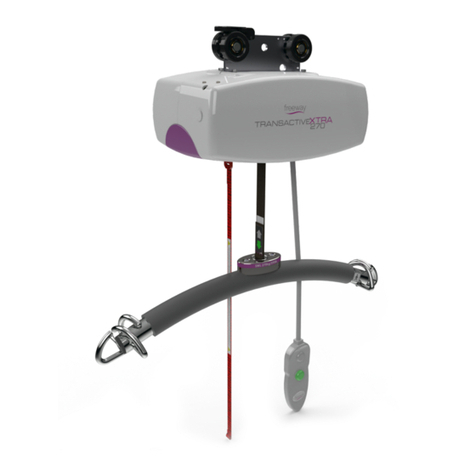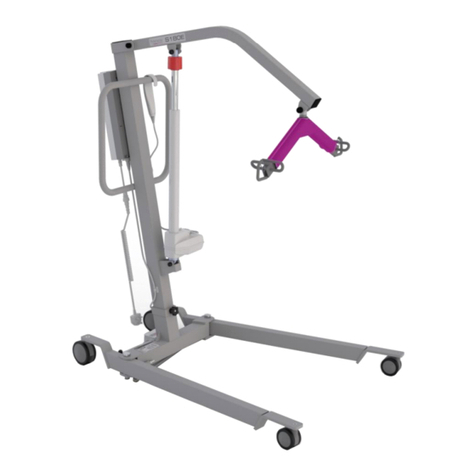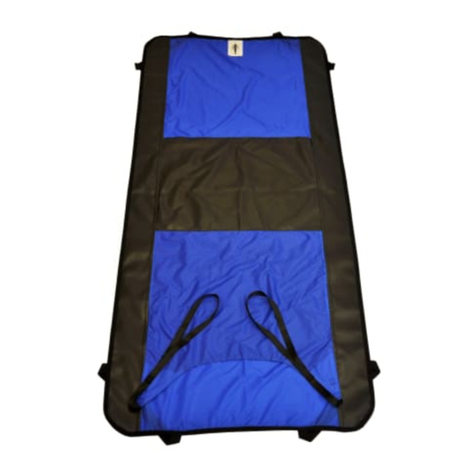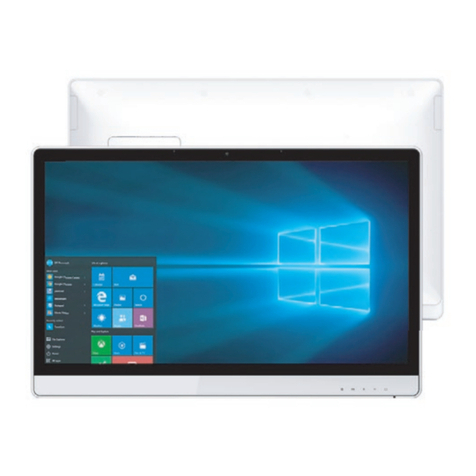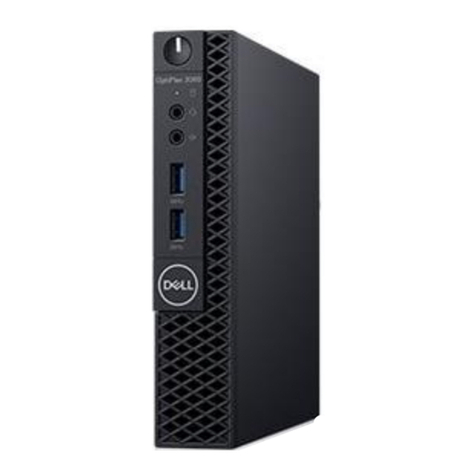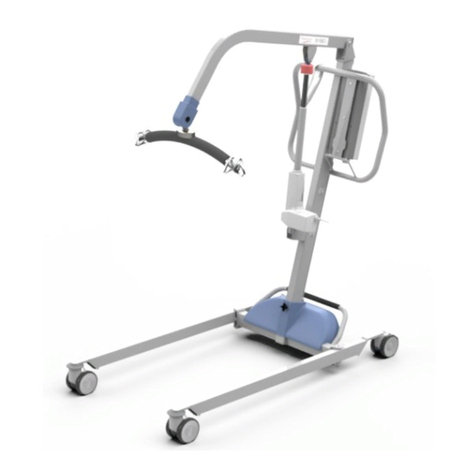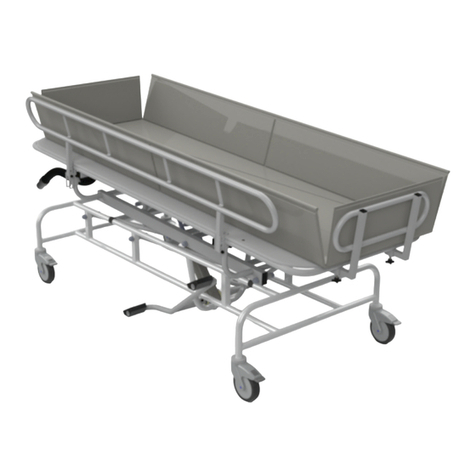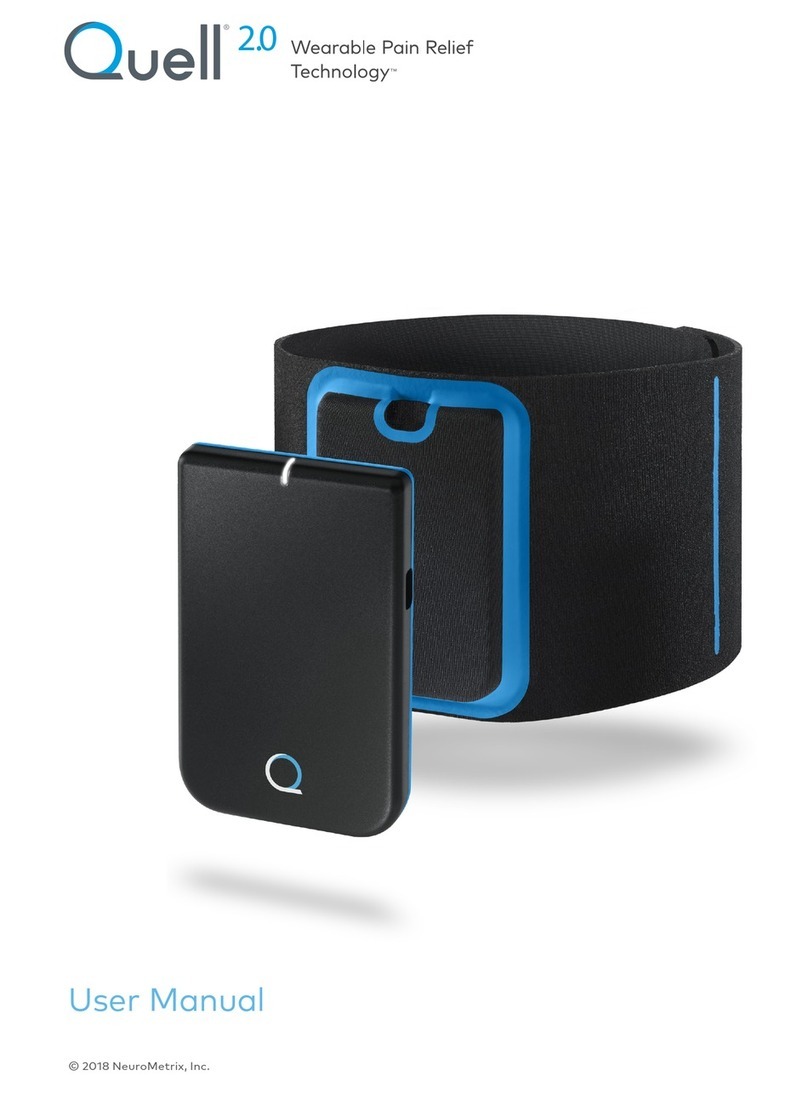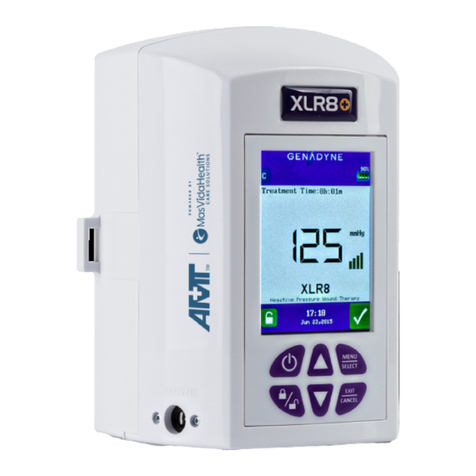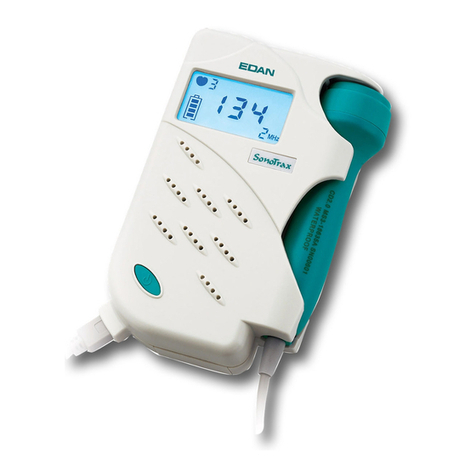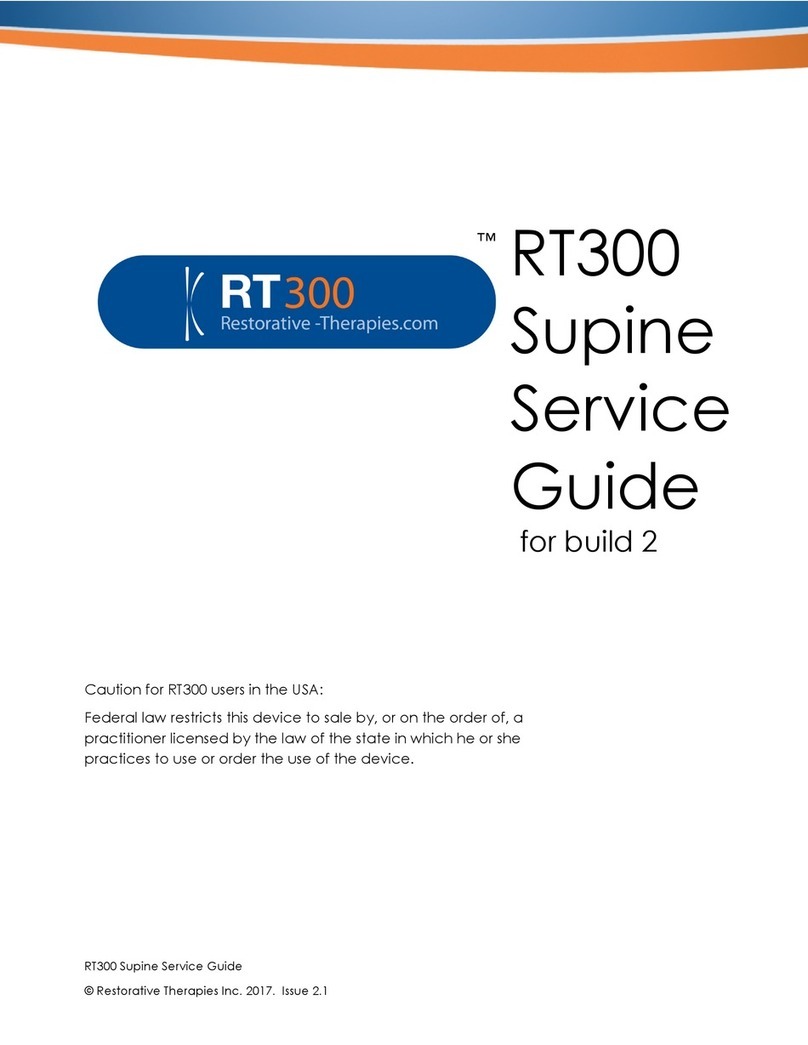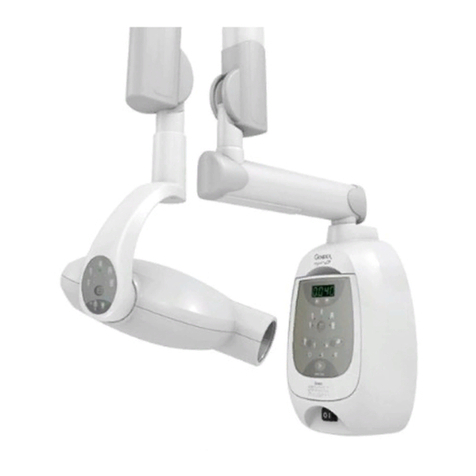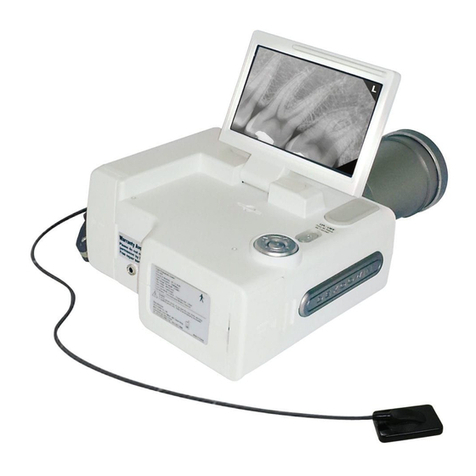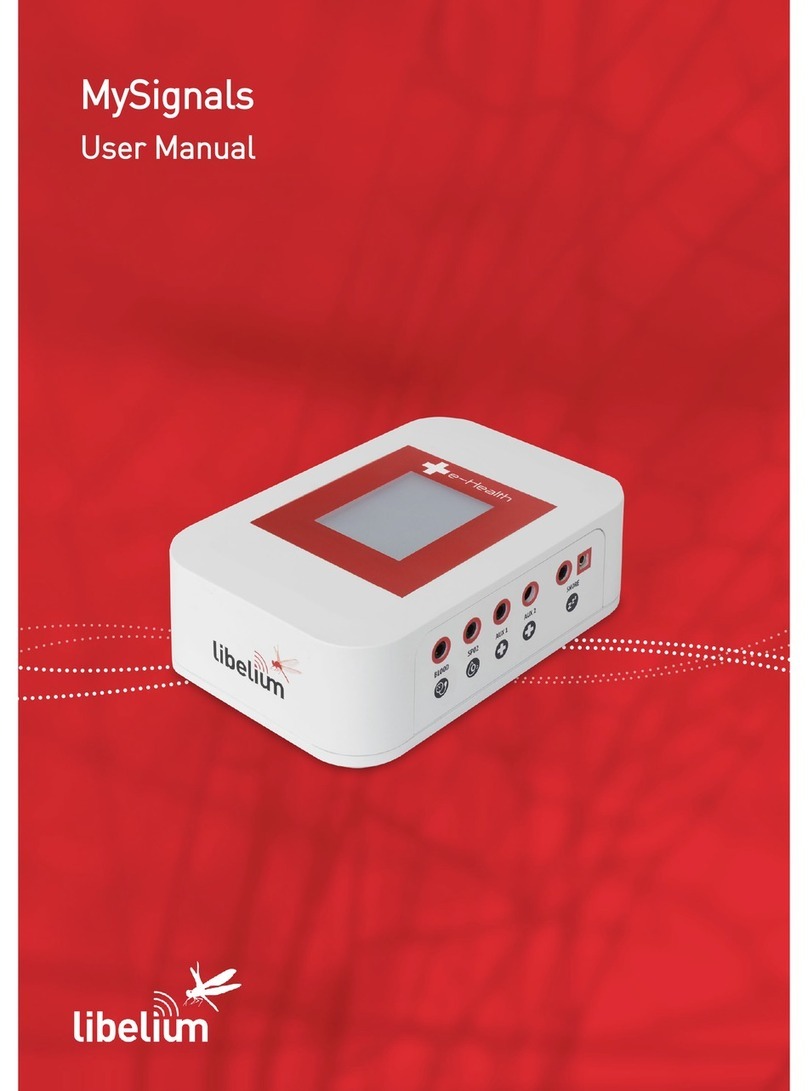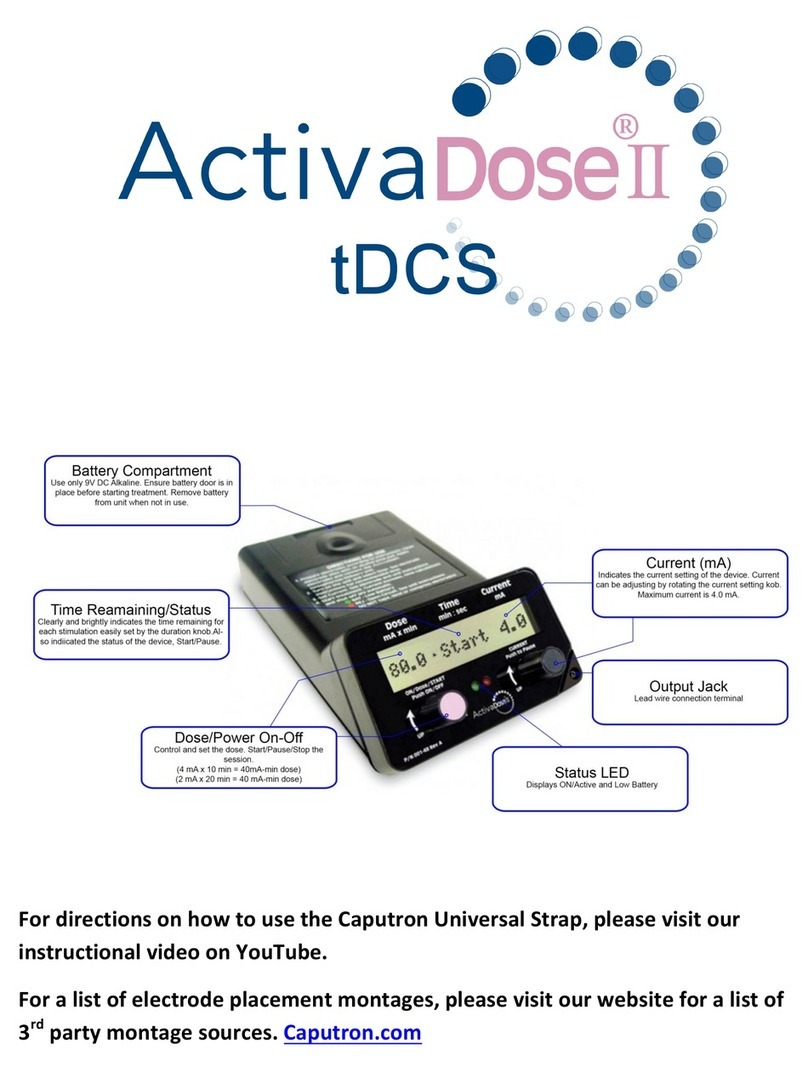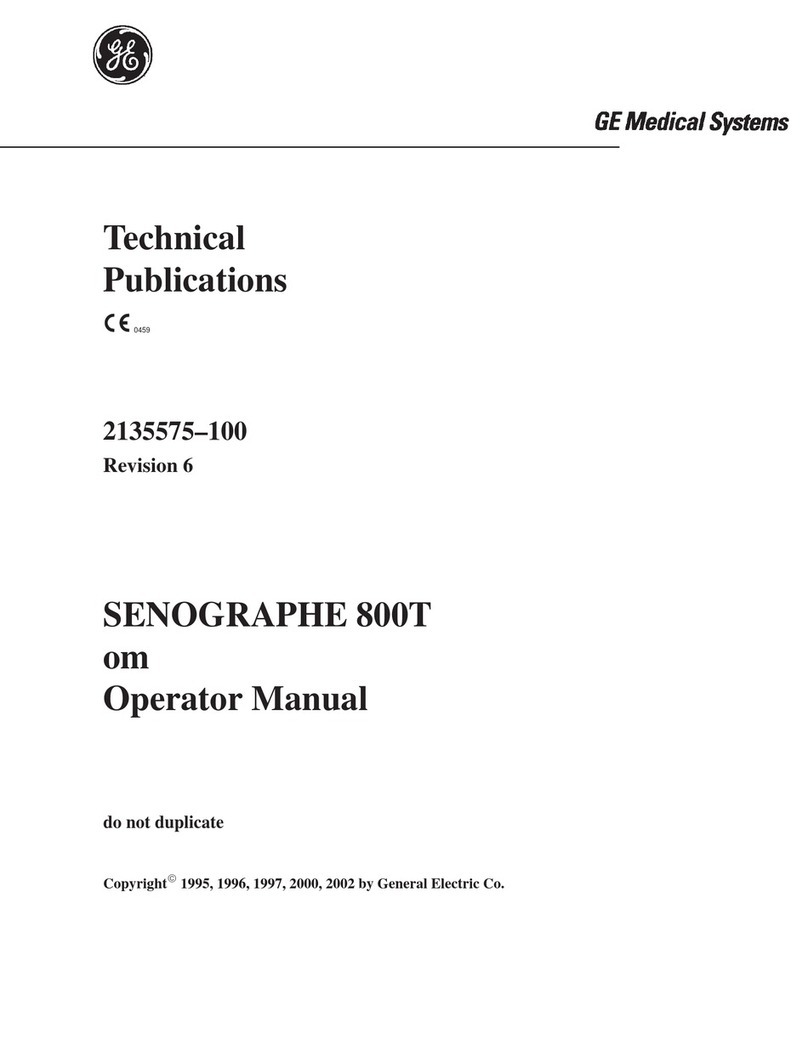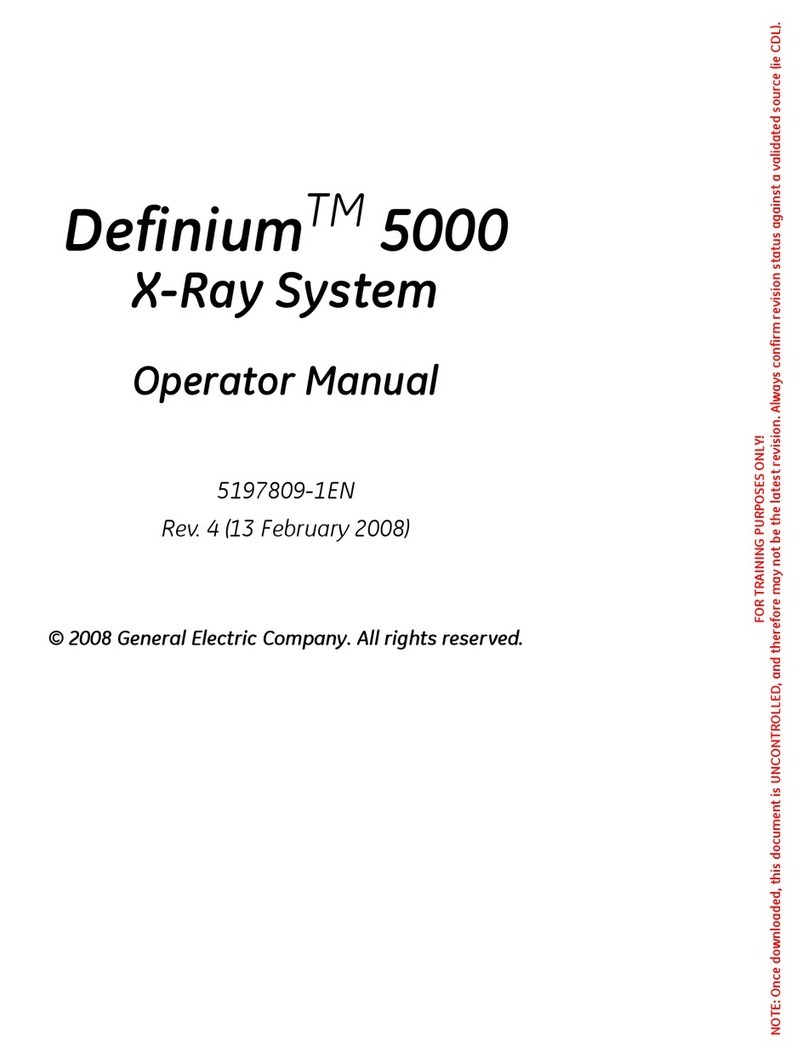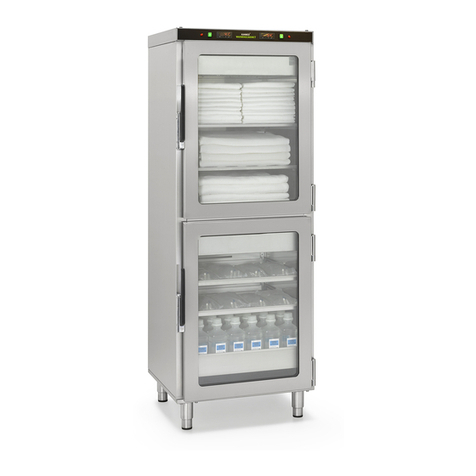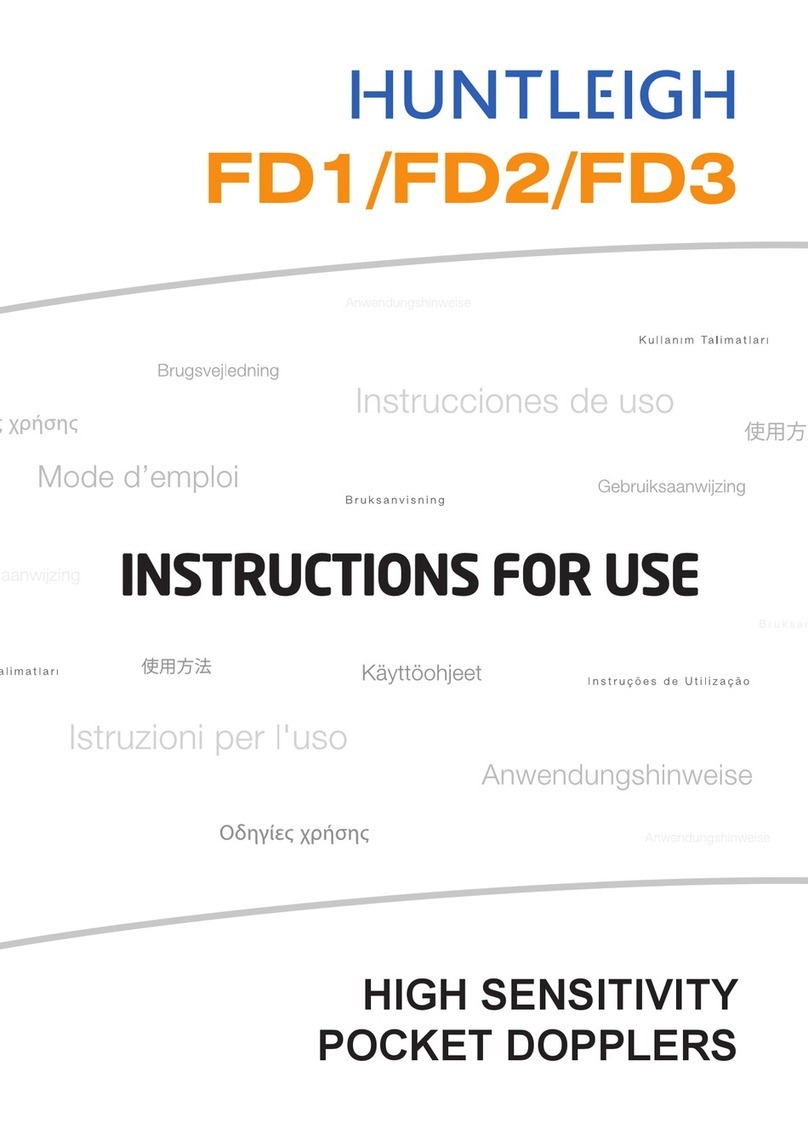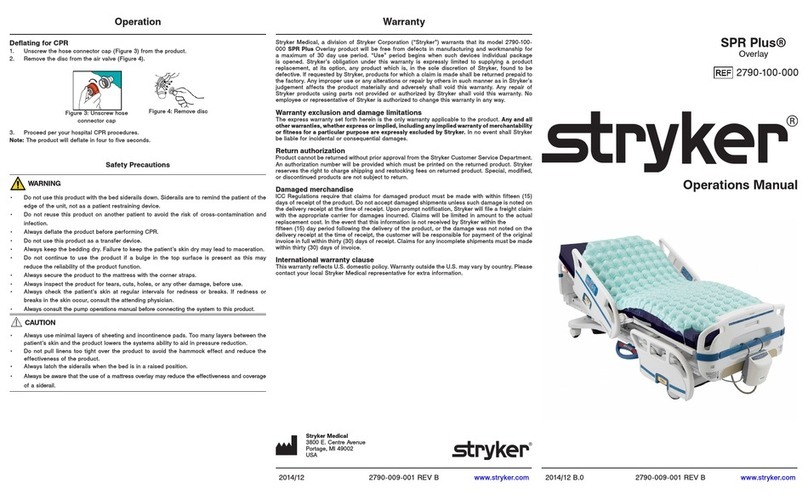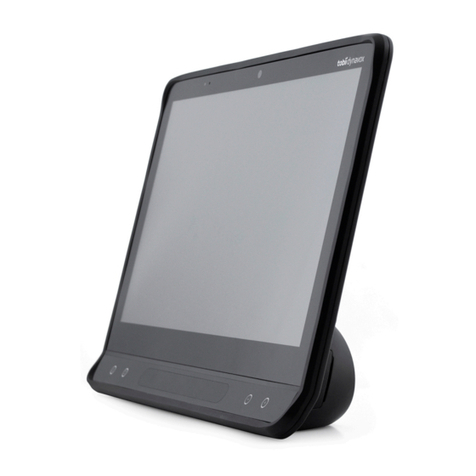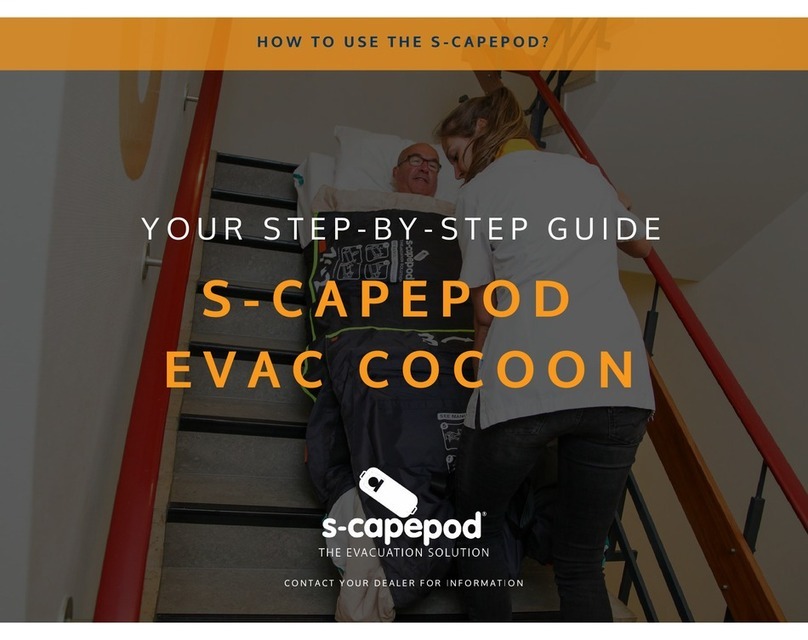
999367 – Revision B Page | 6 of 40
1.5 Contraindications / Limitations
There are no known “contraindications” associated with the usage of the Freeway S180E, provided they are used as per
manufacturer’s recommendations and guidelines. However, it is recommended that a client specific assessment is completed by
a trained and knowledgeable healthcare professional to determine the method of transfer.
Prism Medical UK does not recommend a required number of care givers for the use of our products. This information and
recommendation can only be provided after a thorough personalised, case specific assessment, as there are many factors that
can influence these decisions.
1.6 Intended Use
For internal use only.
The Mobile Hoist is a lifting aid used by trained personnel. The Mobile Hoist makes it possible to transfer/lift mobility impaired
clients with minimal strain or risk to the caregiver, while providing complete safety, dignity and comfort to the client.
The Mobile Hoist is one of two components that makes this possible. The other component, the sling, is a specially designed
fabric accessory that attaches to the Hoist by means of a carry bar and straps, and holds the client during the lift/transfer.
Please refer to the user guides supplied with the sling and reference them while reviewing this manual.
The functions of raising and lowering the boom, and opening and closing of the legs on the Hoist, are accomplished by pressing
buttons on the hand control. The hand control is attached to the Mobile Hoist.
The device is used under instruction, and the operation of the aid is undertaken by a trained carer.
A risk assessment must be performed before using any other manufactured slings or Mobile Hoist, to ensure safe
use can be established.
•The Freeway S180E Mobile Hoist is intended to be installed on a flat and levelled surface prior to use.
•The Hoist must be installed only by persons authorized by Prism Medical UK or who have the rights to install and
commission the Hoist safe for use.
•Under no circumstance should the Freeway S180E Mobile Hoist or entire system be put in control of a person who has
not been properly trained in the use and care of this equipment. Failure to adhere to this warning may result in serious
injury to the operator and/or the individual being transferred.
•In facilities where more than one operator will be responsible for using the Mobile Hoist and sling(s) it is imperative
that all such members be trained to use the Freeway S180E Mobile Hoist. A training program should be established by
the facility to acquaint new operators with this equipment.
•The Freeway S180E, and associated slings are not toys. Do not use it for unsafe practices. Do not allow children to play
with the Hoist or any of its components.
•Your guarantee is void if persons unauthorized by Prism Medical UK perform work on the Mobile Hoist.
•To maintain optimum function, the Freeway S180E Mobile Hoist should be inspected and maintained on a regular basis.
See section ‘General Inspection, Maintenance and Cleaning’ within this user manual.
•Any accessories used with this Mobile Hoist including belt(s), should be checked to ensure that they are in good
working order. Check for signs of wear to each component prior to use. Report any unusual wear, or damage
immediately to your local authorised dealer.
